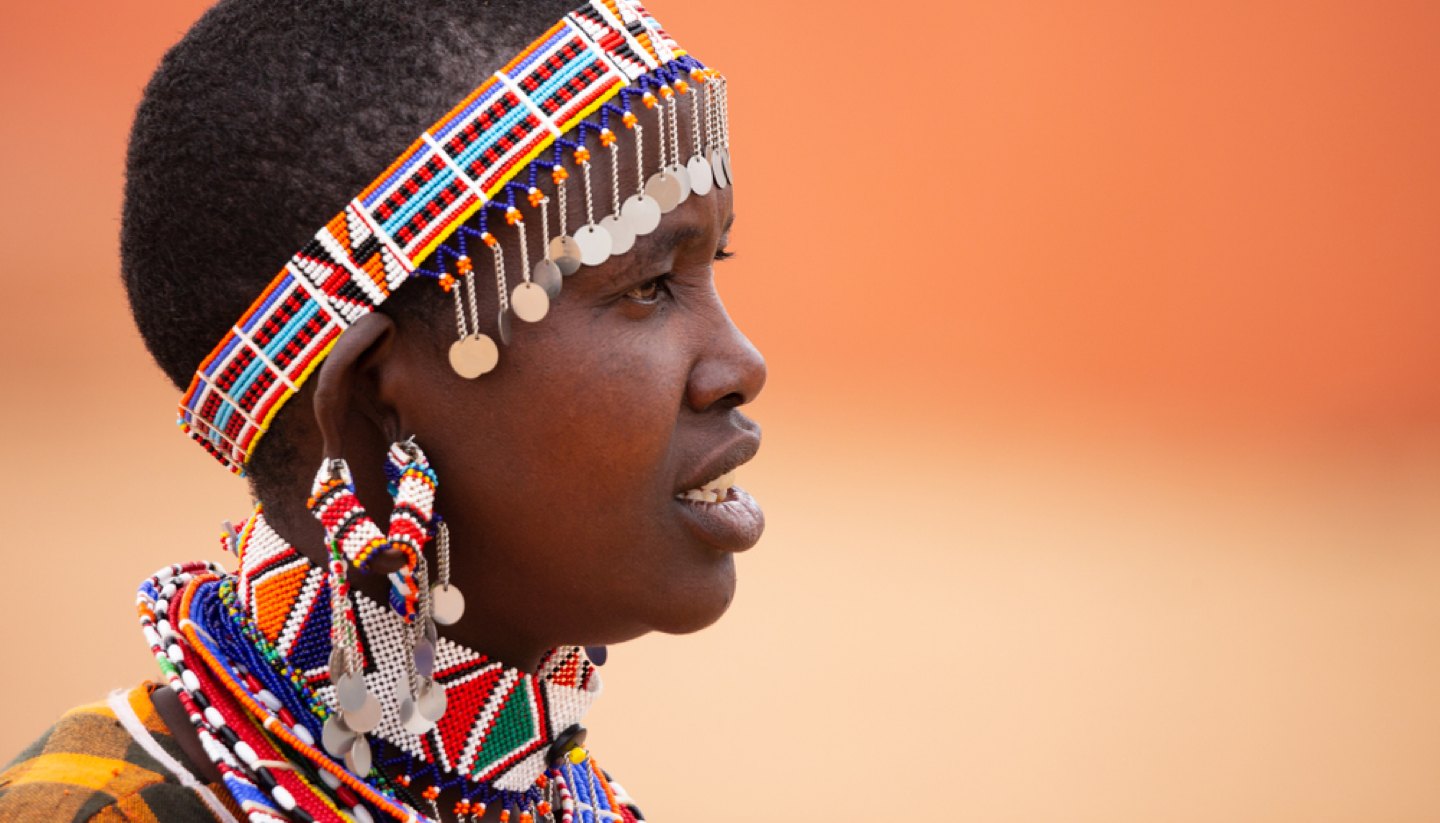Kenya History, Language and Culture
History of Kenya
Kenya's history is shaped by migration, trade, and cultural exchange, influenced by its position between the African interior and the Indian Ocean. Archaeological evidence shows that early humans lived in the region millions of years ago, particularly in the Great Rift Valley, making Kenya one of the most important areas in the study of human origins. Over centuries, different communities migrated into the area, forming the foundations of today's diverse ethnic landscape.
From around the first millennium CE, coastal regions became part of a thriving Indian Ocean trade network linking East Africa with Arabia, Persia, India, and later Europe. Swahili city-states developed along the coast, blending African, Arab, and Asian influences in language, architecture, and culture. Inland societies, including pastoralist and agricultural communities, established their own political systems and trade routes.
In the late 19th century, Kenya came under British colonial rule and became part of British East Africa. The construction of the railway from Mombasa to Lake Victoria transformed the region, encouraging settlement and economic development but also leading to widespread land dispossession and social disruption for local communities. Resistance to colonial rule grew over time, most notably during the Mau Mau uprising in the 1950s.
Kenya gained independence in 1963, with Jomo Kenyatta becoming the country's first prime minister and later president. The early post-independence years focused on nation-building, economic development, and unifying a diverse population. While the country experienced periods of political tension and one-party rule, gradual reforms led to the introduction of multi-party democracy in the 1990s.
Today, Kenya is a modern nation shaped by both its deep past and recent history. Its traditions, languages, and cultural practices reflect centuries of interaction and adaptation, while its cities, institutions, and economy continue to evolve. For visitors, Kenya's history is visible not only in museums and historic sites, but also in everyday life, from coastal architecture to rural traditions and urban culture.
Did you know?
• Kenya is considered one of the cradles of humankind, with some of the world's most important early human fossils discovered in the Great Rift Valley, including remains dating back several million years.
• Nairobi is the only capital city in the world with a national park within its boundaries, where visitors can see wildlife such as rhinos and giraffes against a backdrop of skyscrapers.
• Kenya has more than 40 ethnic groups, each with its own languages, traditions, and customs, contributing to one of the most culturally diverse societies in Africa.
Kenya Culture
Religion in Kenya
Christian (85%), Muslim (11%), Traditional African religions (2%), Other religions including Hindu, Sikh, and Baha'i (2%).
Social Conventions in Kenya
Social conventions in Kenya place a strong emphasis on politeness, respect, and personal interaction. Greetings are important, and it is customary to exchange pleasantries before moving on to practical matters. Handshakes are common, often using the right hand, and it is polite to greet elders and senior figures first. Dress is generally conservative outside major cities and beach resorts, and visitors are advised to dress modestly, particularly in rural areas and when visiting religious sites.
Tipping is customary but not obligatory. In restaurants, a tip of around 10% is appreciated if service is good, especially where a service charge is not included. In cafés and bars, rounding up the bill or leaving small change is common. Hotel staff, guides, and drivers often receive tips, particularly on safaris or organised tours, where tipping forms part of expected practice.
Photography is widely accepted, but visitors should always ask permission before photographing people, especially in rural areas or when taking close-up portraits. Photography may be restricted at government buildings, military sites, airports, and police installations, where it is often prohibited. When visiting national parks, cultural villages, or religious sites, it is advisable to follow local guidance and posted rules regarding photography.
Kenya has a strict ban on plastic carrier bags. The manufacture, sale, and use of plastic carrier bags is illegal, and travellers should not bring plastic shopping bags into the country. This includes duty-free plastic bags unless they are clearly sealed and intended for use in transit. Reusable fabric bags, paper bags, and biodegradable alternatives are widely used instead. Fines for violations can be severe, so visitors are advised to remove plastic bags from their luggage before arrival.
Language in Kenya
Kenya has two official languages: English and Swahili. English is widely used in government, education, business, and the legal system, and it is commonly spoken in cities, tourist areas, and by people working in tourism and services. Swahili is the national language and is used extensively in everyday communication, media, and social life across the country.
In addition to the two official languages, Kenya is home to many indigenous languages spoken by different ethnic groups. While visitors do not need to speak Swahili to travel comfortably, learning a few basic phrases is appreciated and can enhance everyday interactions.

